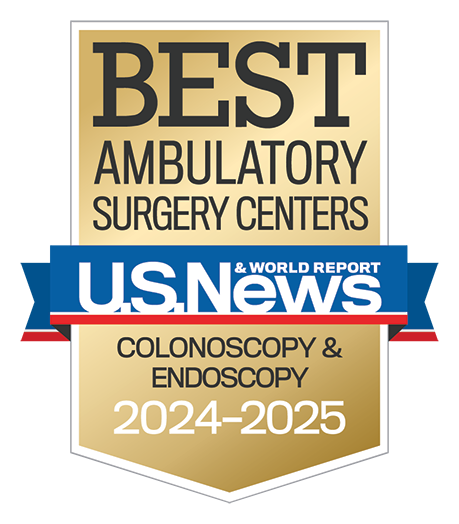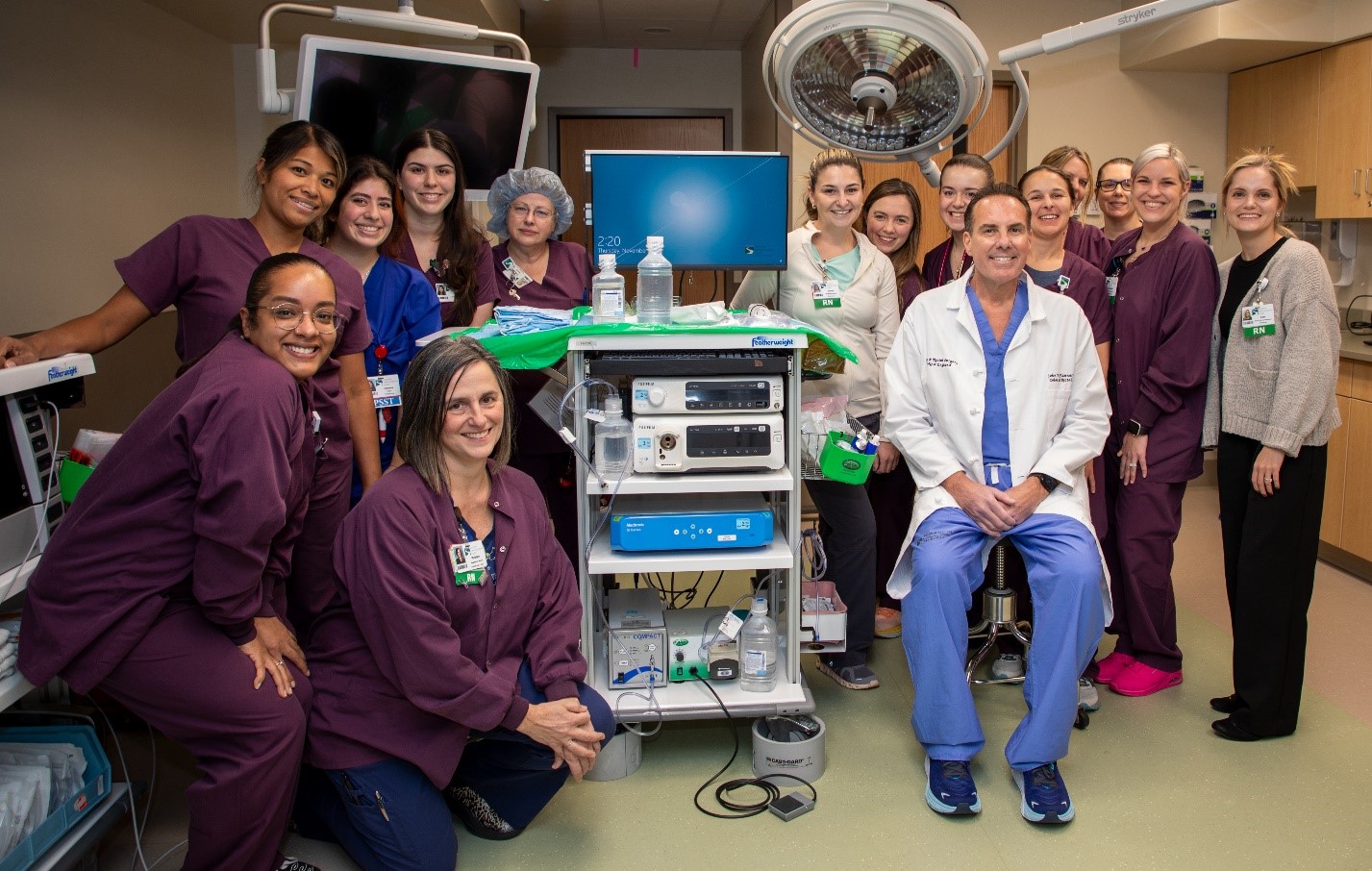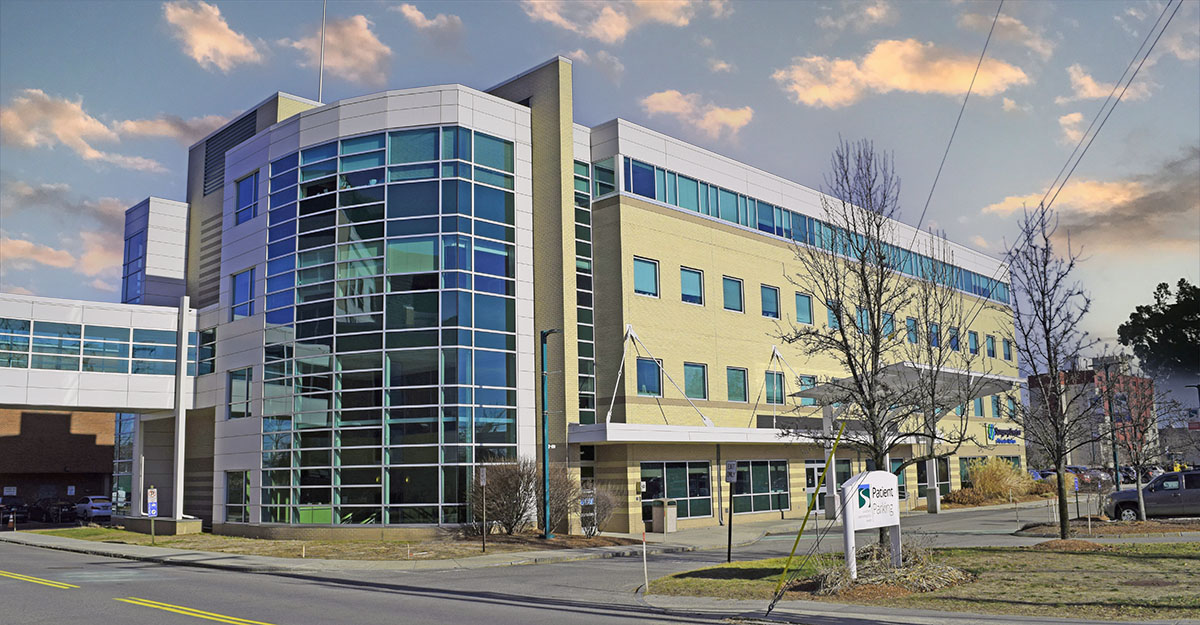Gastroenterology
Our expert gastroenterologists provide comprehensive gastroenterology services including screening, diagnosis, and treatment for most major digestive disorders. They deliver compassionate care and utilize the latest technology and medicine to help you return to wellness.




